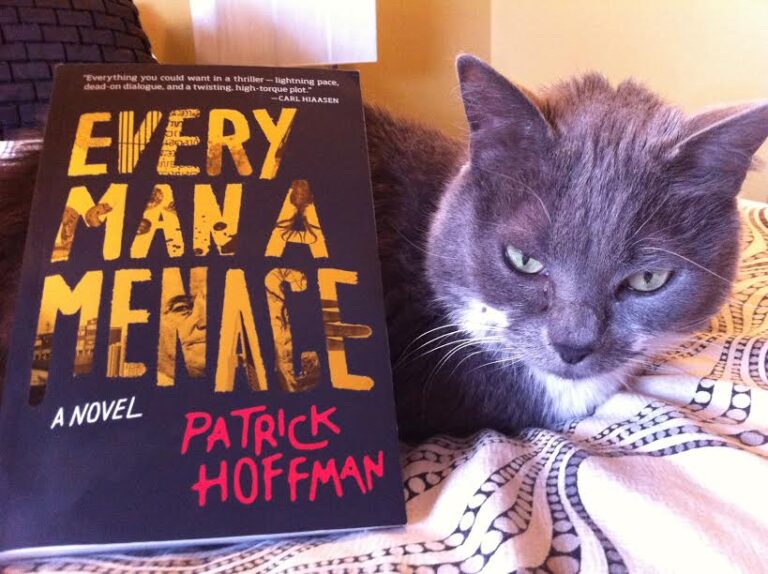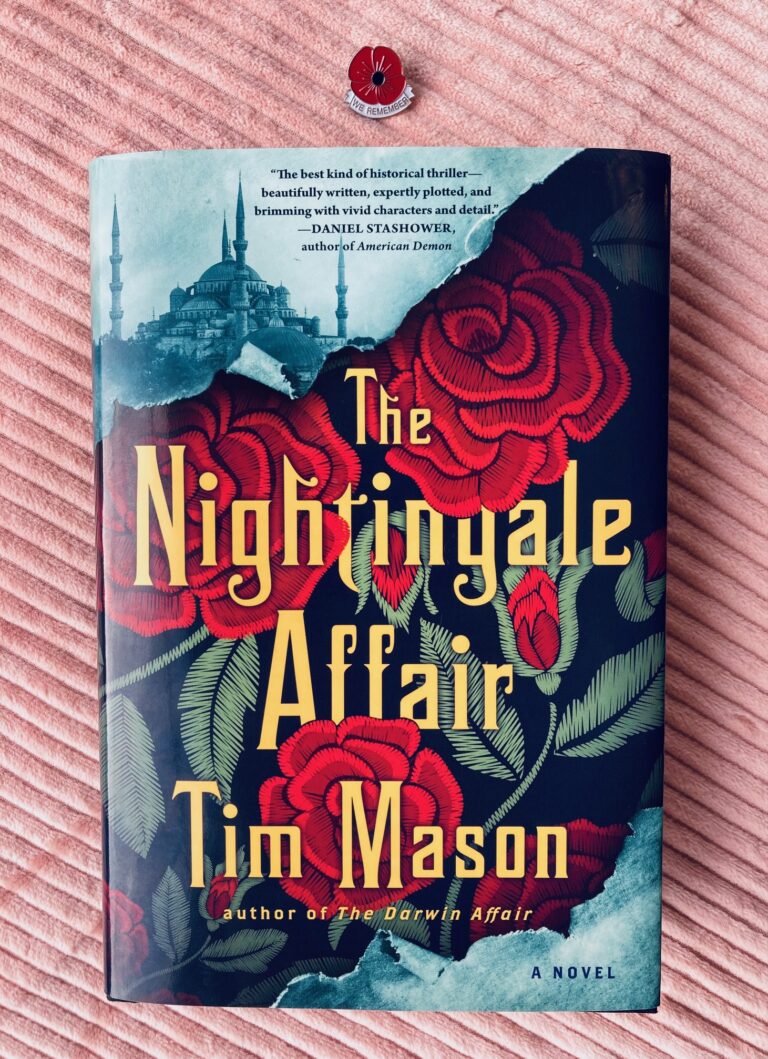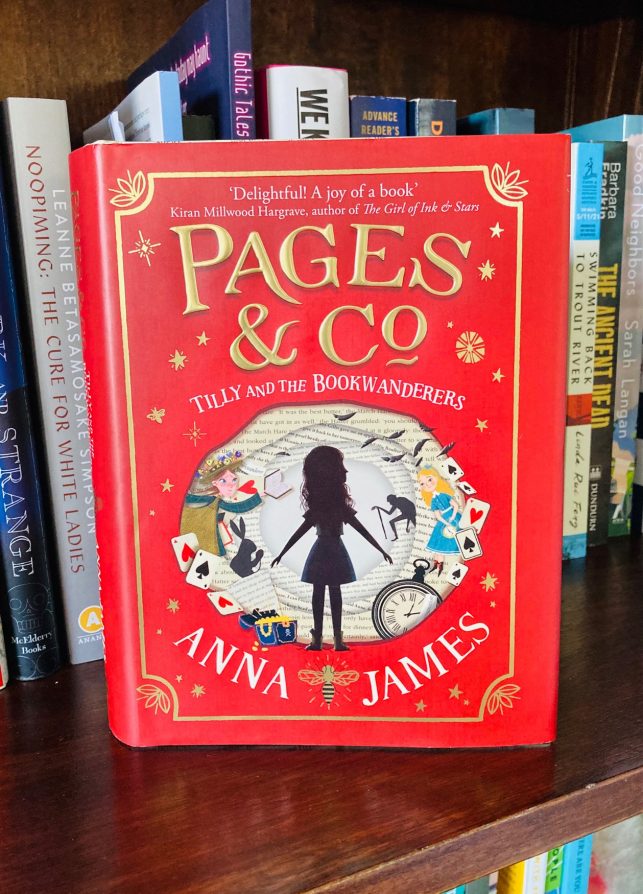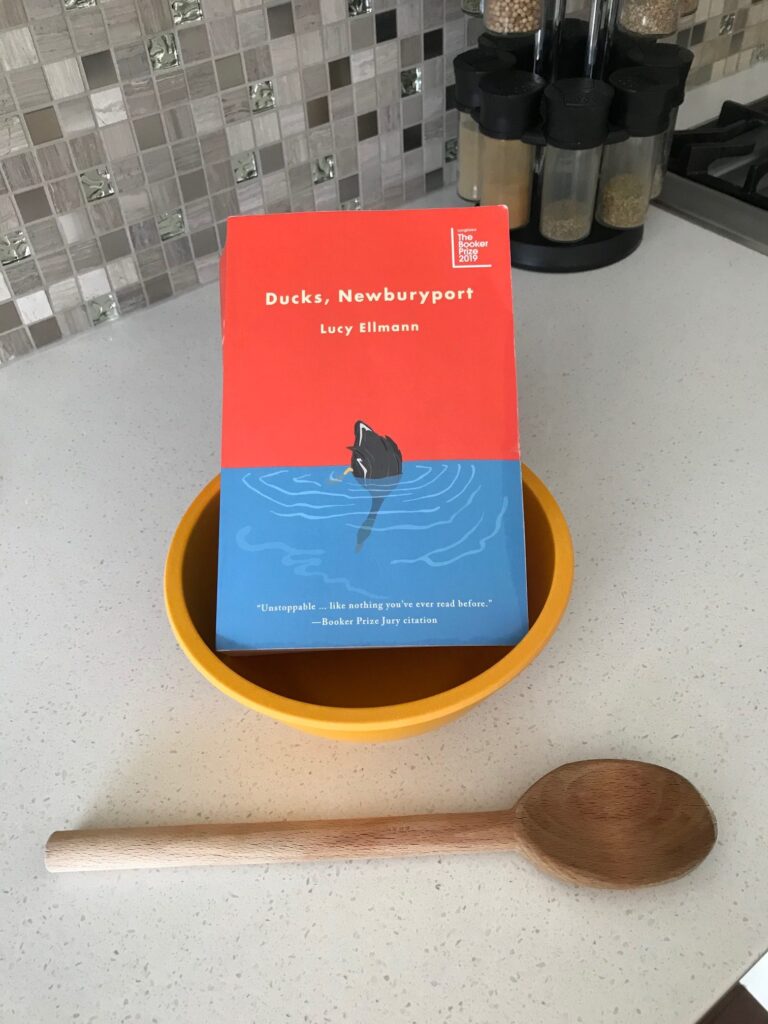Book Review: The Spirits Have Nothing To Do With Us, Edited by Dan K. Woo
I’ll admit to reading this book mainly because of the cover. How cute is that little picture? If blasting off into space in a little rocket with some happy babies and a tiny puppy doesn’t pique your interest about what’s inside this ahort story anthology I don’t know what will. Second to the cover was the promise of Chinese Canadian fiction, something I don’t know much about, don’t read often, but want more of in my life, especially with Lunar/Chinese New Year just passed. I’m pleased to relay that The Spirits Have Nothing To Do With Us, edited by Dan. K. Woo was a quick but varied collection of stories that opened up new worlds to me.
Book Summary
The first story titled “Lonely Face Club”, by Bingji Ye was translated into English from the Chinese by the editor, Dan K. Woo. It’s significantly longer than the other stories, and the only translated work. It tells a melancholy story of a woman who fell in love with a much older, wealthier man, and her attempts to reunite with him decades later. The remaining 8 stories are written in English by Canadian-Chinese writers, and run the gamut from tragic, to comedic. “Coal Flowers” by Isabella Wang is a terribly sad story about a child losing their family in a fire, all of them essentially working slaves in a coal mine in rural China. “Egg Tart, Deconstructed” by Eddy Boudel Tan is about a young woman scrutinizing her boyfriend over a fancy dinner, detached from a happiness she wishes she felt. “Fault Lines” by Yilin Wang and “Red Egg and Ginger” by Anna Ling Kaye both focus on the familial pressures on young women to marry and get pregnant as early as possible. “Foggy Days, Foggy Ways” by Lydia Kwa is a dark tale of a young girl’s spirit stuck in purgatory, lurking over her family as they mourn her death.
My Thoughts
This seems like an unfair generalization to make, but the stories written by men tended to be shorter, and much more quirky with less emphasis on societal norms, instead focusing on discrete moments in time or place. The female-authored stories often focused on a woman’s place in society, and the unique struggles we face when forced to conform to other’s expectations. “July Has Nothing to Do with Gods” by Sheung-King is an odd series of moments from a young man’s perspective. The situations he describe bounce from his constipation, to the food he’s eating, to the strange remarks of a women he’s seeing. Although there are moments of seriousness, this story feels much less heavy than some of the others in the collection. “The Best Ham and Egg Sandwich on the Island”, also written by a man, Sam Cheuk, is only two pages long, but uses the aforementioned sandwich to describe the shift in culture and development in his hometown. Although it’s very short, I found it to be a really clever and fresh piece of writing that helped prepare me for the next few stories.
“Coal Flowers” still weighs heavily on my mind even days after reading it. It contains the phrase from the title of the book, and it’s said in a response to someone lamenting their difficult life of working in the mines:
” ‘The spirits have nothing to do with us,’ Ba Ba intercepted. ‘We picked this job. We set up these conditions for ourselves. Only children who grow up in the metropolitan core with English and Chinese language proficiencies and an expensive education can afford to pay their parents back by never leaving the family home. Their parents can dream of clinging on to their children forever, but not us. If you want to put our minds at ease, you must leave and come back only to visit.'”
-p.77 of The Spirits Have Nothing to Do With Us, Edited by Dan K. Woo
Once again we are faced with this tension between the old way thinking, and the new way of thinking. Instead of young women pushing up against their parents expectations, we have the patriarch of the family refusing to allow his wife to blame ‘the spirits’ for their terrible working conditions. He is stating the facts of their situation, and although it may seem cold-hearted, it’s certainly not wrong. He refuses to rely on myths or religious beliefs for comfort. This push between the old and the new seems to be an underlying theme for most of the collection, and I look forward to reading more Chinese Canadian fiction, hopefully in another anthology like this one. If you have any Chinese or Chinese Canadian writers to recommend, let me know in the comments!





It’s a great idea to start with anthologies and discover new Chinese-Canadian writers there to read next. If the press includes good contributor biographies, you might have a ready-made reading list right there! You can also browse the library catalogue to see how they categorise this collection (under subject heading) and then click on that link to see other anthologies in the library system categorised the same way. As a separate recommendation, have you read Christina Wong’s Denison Avenue (illus. Daniel Innes), up for this recent Canada Reads?
I have not read Denison Ave, but our former Calgary mayor championed it I think? Nenshi did? He’s running for Premier of our province now actually…
And yes, there were fantastic contributor biographies!